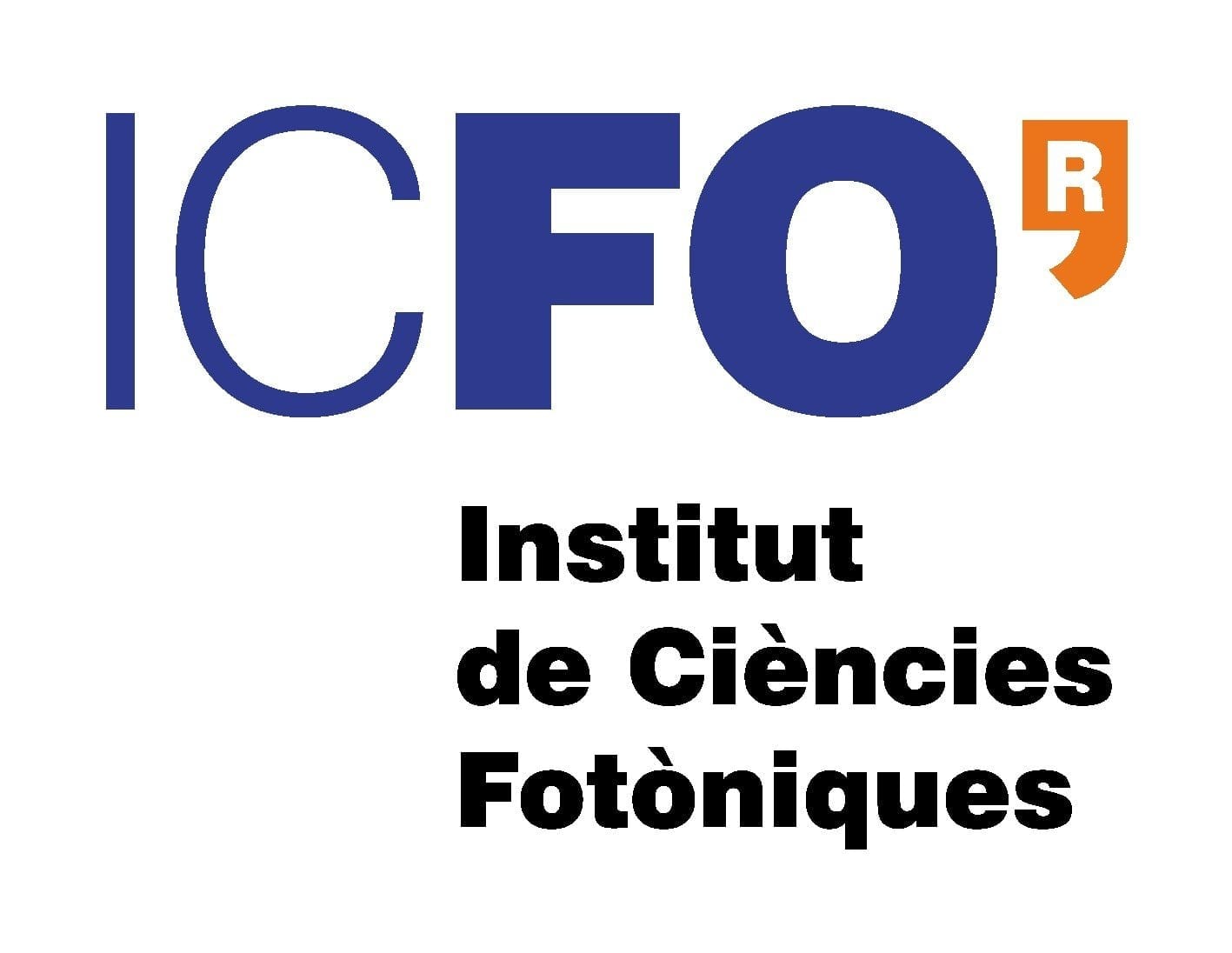
Vanderbilt University, colloquially known as Vandy, is a private research university located in Nashville, Tennessee, United States.
The Latest Bing News on:
Vanderbilt University Research
- Social media reacts as Georgia baseball sweeps No. 13 Vanderbilt in dominant series
Georgia’s pitching staff stepped up for the first two games of the series. The Dawgs run ruled Vanderbilt, 10-0 on Friday. Georgia followed that up with a 14-4 run-rule win over the Commodores on ...
- Research Presented at AUA 2024 Indicates the Cost of Prescription Drugs Is A Significant Barrier To Care
Ruchika Talwar, MD, urologist and clinical instructor in the Vanderbilt University School of Medicine’s Department of Urology, moderated a virtual press session with the abstract authors, providing ...
- Vanderbilt University Launches Full-Ride Scholarship for Nashville Public School Students
Vanderbilt University introduces a full-ride scholarship for students from Metro Nashville Public Schools earning under $100,000 annually, starting fall 2025, including stipends for internships.
- Vanderbilt offering exclusive scholarships to MNPS students
NASHVILLE, Tenn. (WSMV) – Vanderbilt University is offering new opportunities to students in Metro Nashville Public Schools. On Thursday, the university announced the Nashville Vanderbilt Scholars ...
- One-on-one with Vanderbilt University chancellor about the tension on college campuses
Some are intense, including the Thursday morning protest at UCLA in Los Angeles. In Nashville, part of Vanderbilt University's campus has turned into a protest space. A vocal group of students wants ...
The Latest Bing News on:
Vanderbilt University Discovery
- Why Tennessee series is even more crucial for Vanderbilt baseball after sweep by Georgia
The upcoming series against rival Tennessee carries even more consequences after Vanderbilt was bashed by Georgia.
- Social media reacts as Georgia baseball sweeps No. 13 Vanderbilt in dominant series
Georgia’s pitching staff stepped up for the first two games of the series. The Dawgs run ruled Vanderbilt, 10-0 on Friday. Georgia followed that up with a 14-4 run-rule win over the Commodores on ...
- Student protestors march on Vanderbilt campus, demanding the university heed demands
Hundreds marched on Vanderbilt’s campus Wednesday evening to pressure the university to heed demands made by Vanderbilt Divest Coalition (VDC), a student-run group responsible for the encampment in ...
- Vanderbilt University Launches Full-Ride Scholarship for Nashville Public School Students
Vanderbilt University introduces a full-ride scholarship for students from Metro Nashville Public Schools earning under $100,000 annually, starting fall 2025, including stipends for internships.
- One-on-one with Vanderbilt University chancellor about the tension on college campuses
Some are intense, including the Thursday morning protest at UCLA in Los Angeles. In Nashville, part of Vanderbilt University's campus has turned into a protest space. A vocal group of students wants ...








